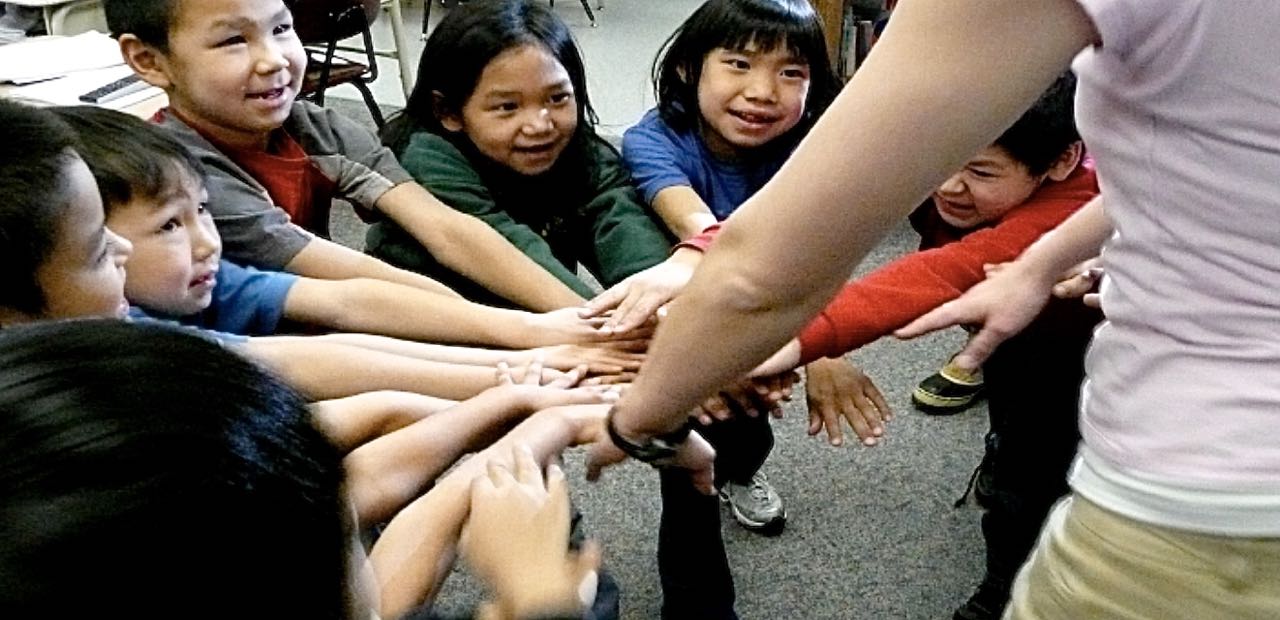
Part 4 of the series “The Last Frontier facing the New Frontier.”
Allen Clendaniel, Sedor, Wendlandt, Evans & Filippi, LLC
The Internet dramatically changed how we communicate. I’m not a historian, but I would wager that the internet changed human communication more than the printing press or radio and television. Then as we were just getting used to email, blogs, and message boards social media exploded onto society.
This generation of young people communicate completely differently than past generations. Thirty years ago, I was attending West Anchorage High School. If I wanted to try to talk to a girl outside of the school day, I had a difficult challenge ahead of me. First, I had to find the girl’s number in the phone book. Then I had to practice what I would say to a multitude of people who might answer the phone. This included the girl’s mother, her father, her sister, her brother, her grandmother, or the girl herself. And if I could manage to get the girl on the phone, I then had to actually talk to her! Today, teenagers can simply send a photo on Snap or Instagram. The worst that can happen is that they get left “on read.” They have no idea the terror that past generations faced having to talk to your crush’s mom or dad!
Social media has also changed how elected officials communicate with the public. This is true for School Board members and senior school district officials as well. Often members of the public will post harsh and unflattering comments on elected officials’ social media pages. Here in Alaska, we have seen this happen to both school board members and administrators. Some elected officials have responded by deleting the offensive comments and blocking the posters. And this has led to litigation asserting that such tactics by public officials violate the First Amendment right to freedom of speech.
Two such cases are now before the United States Supreme Court. On October 31, 2023 the United States Supreme Court heard oral arguments in two cases that could affect how and when public officials, like school board members and District administrators, may interact with members of the public on their individual social media accounts. In O’Connor-Ratcliff v. Garnier, two California school board members blocked two parents who had repeatedly posted lengthy criticisms on the school board members’ social media accounts. The U.S. Court of Appeals for the Ninth Circuit (which includes Alaska) found that the officials had violated the First Amendment speech rights of the parents by blocking them, because the officials had created a public forum when they invited comment on their pages. In Lindke v. Freed, the U.S. Court of Appeals for the Sixth Circuit decided that the city manager of Port Huron, Michigan had not violated the free speech rights of a member of the public by blocking him after he criticized the manager. The Supreme Court will issue decisions for both these cases this term.
The Supreme Court will have to wrestle with the question of when a “public forum” is created on social media. When does the social media page of a public official, like a school board member or the Superintendent, become a public forum? A school district is a government entity. This means when a school district creates a public forum, the district cannot ban speech based on the speaker’s viewpoint. This means that a school district cannot block a speaker because it does not like the speaker’s criticism of the school district.
The Supreme Court justices will also have to wrestle with the question of when do public officials speak as private citizens? When is a public official’s speech on social media government speech? And can government officials speak on political issues as private citizens?
This term, the Supreme Court will give public officials more guidance on the rules of the road for personal social media accounts.
In the meantime, here are some practice pointers regarding social media by school districts and school board members and officials.
Practice Pointers
- Be careful and strategic before blocking any user on social media.
- If you have a personal social media account, consider the risks of discussing school business or issues on the account—you may create forums open to the public, which means you might not have the power to control your “followers.” Consider creating a “school district” account for school business and using your personal account for personal matters.
- Consider adopting a social media policy that defines and governs official school district social media accounts. This policy should include rules for who is the administrator of school district accounts.
More from Sedor, Wendlandt, Evans & Filippi, LLC:
- Current series: The Last Frontier Facing the New Frontier
- Ten part series: Fine Tuning
- Nine part series: A Free AND Ordered Space
- Nine-part series: Ripp’d from the Headlines
- Seven-part series: Technology and the law
- Eight-part series: Interacting with the world outside of the school
- Five-part series: Union Issues in Schools
- Four-part series: Freedom of Expression in Schools
